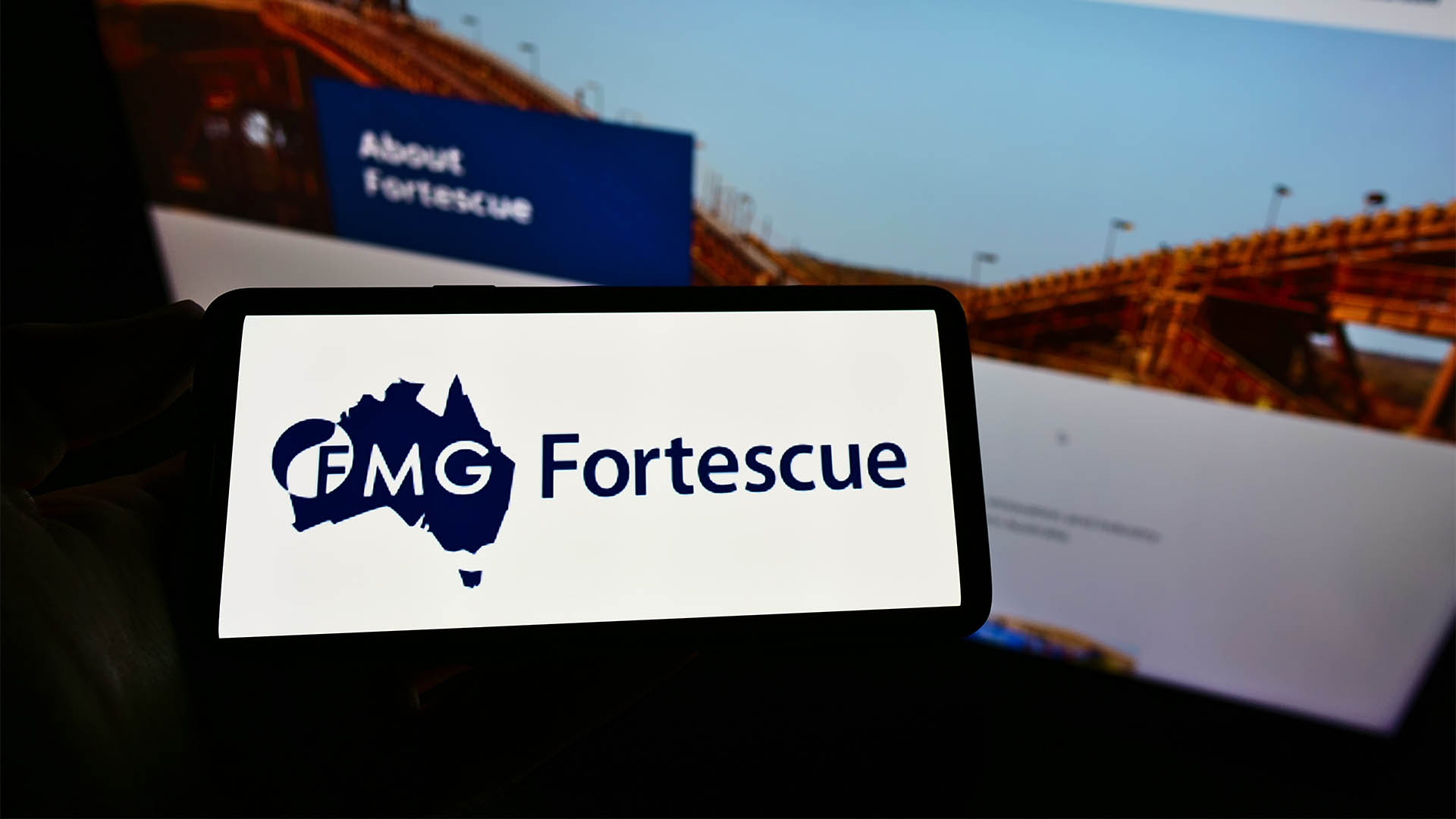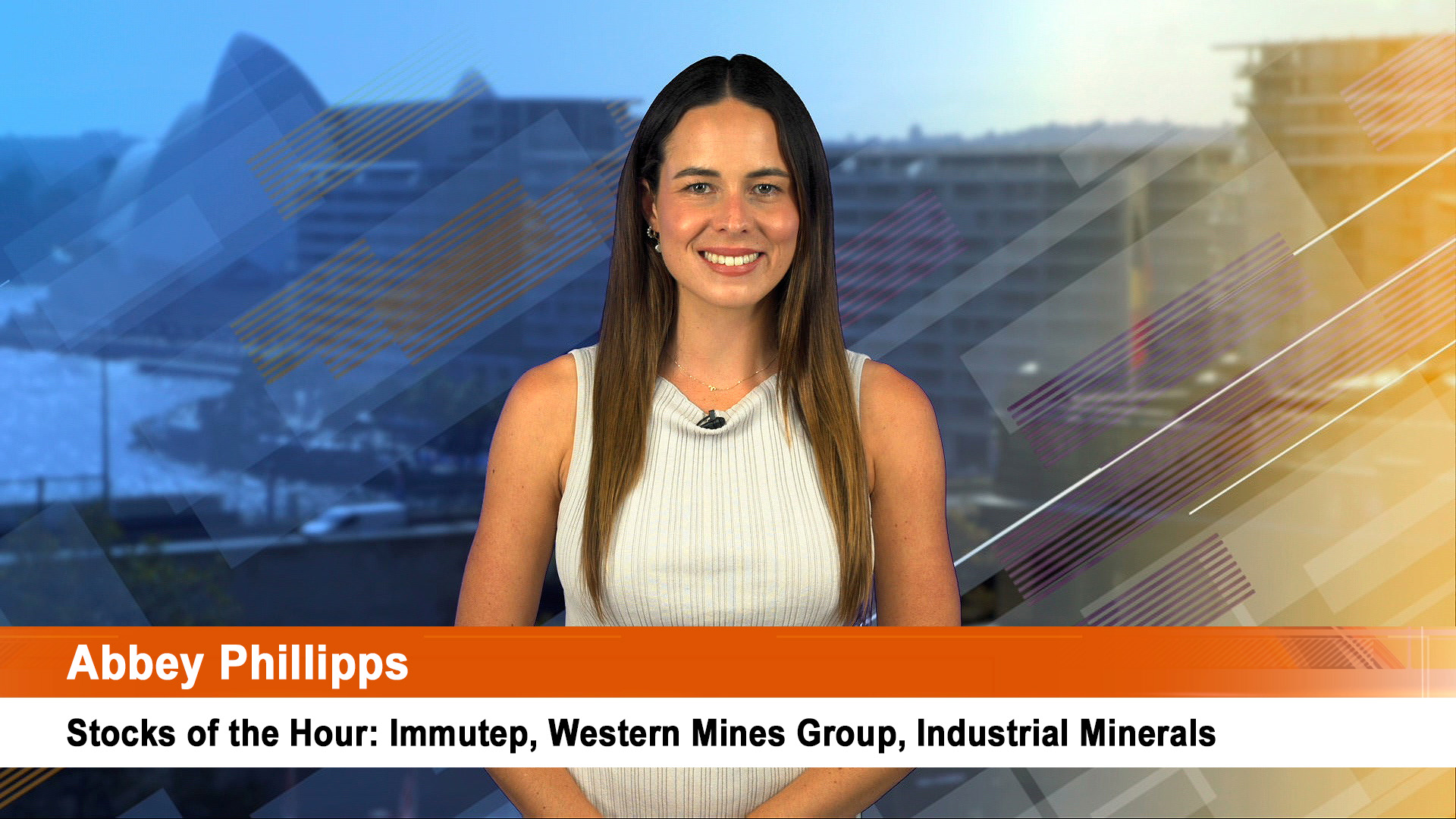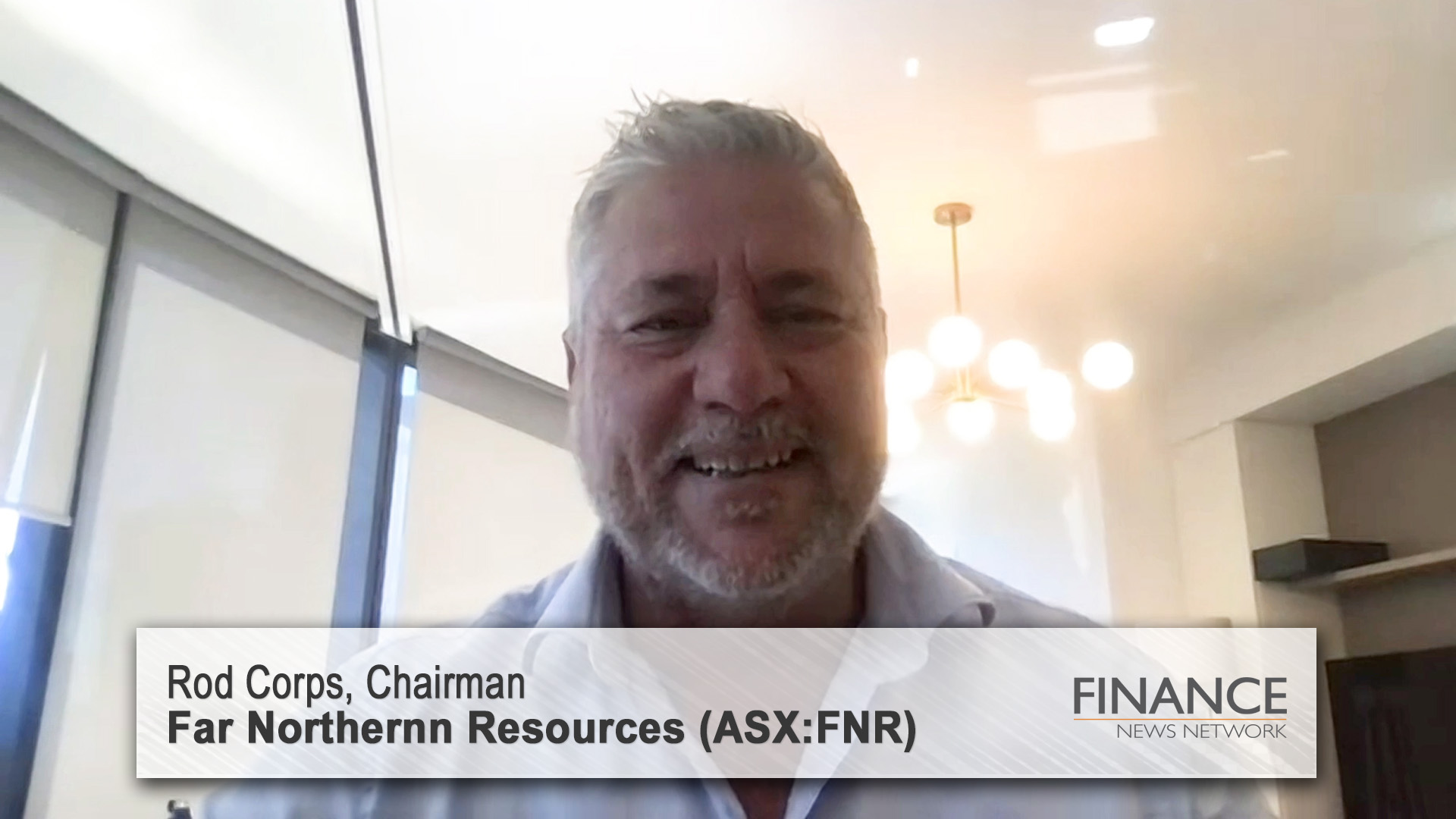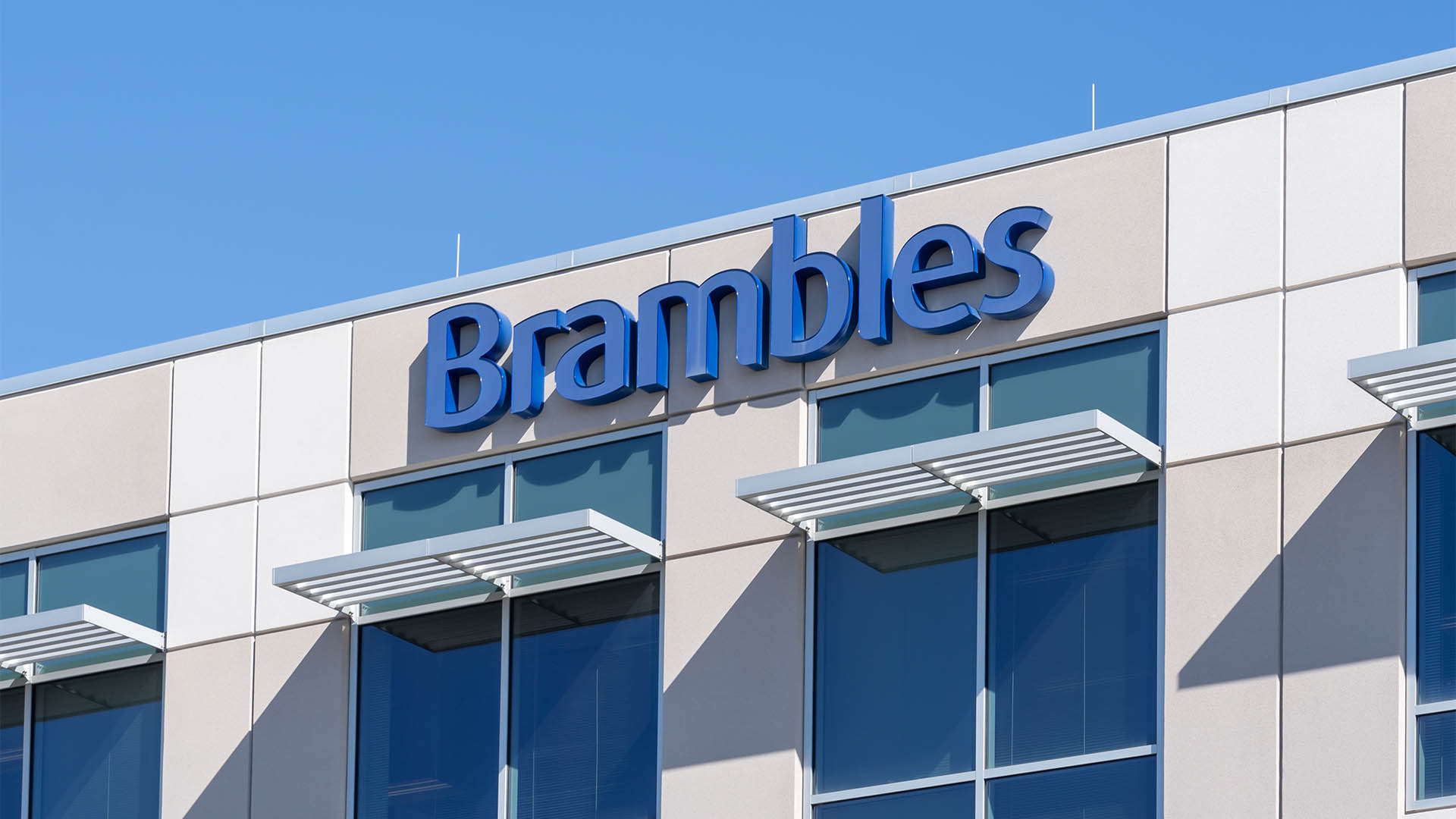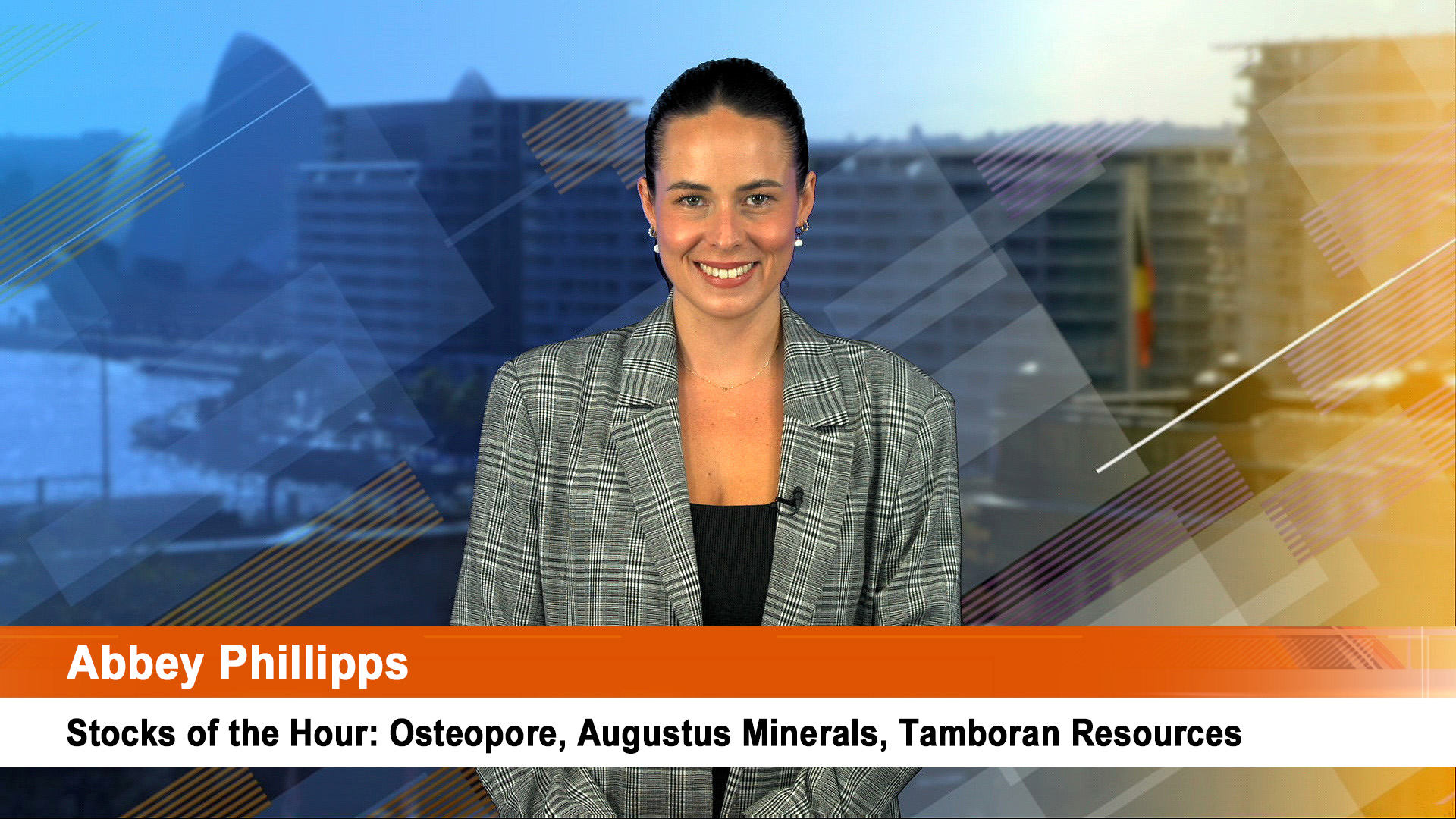Harvey Norman confirmed yesterday that the fastest way to see shares fall on the ASX is to surprise the market with unexpected losses, write downs and talk of legal disputes.
It sends investors heading for the sidelines because they haven’t been softened up (even though losses were reported a year ago on the same investment).
So it was no wonder as Harvey Norman ran into rough weather on the ASX yesterday after the company revealed multi-million losses from the write down in a dairy industry investments as well as a surprise contraction in profit margins in the half year and news of a sharp slow down in sales growth at the start of the current quarter.
The news of the impairments, the weak trading performance and a dispute with the other party in the investment overshadowed the interim profit report and sent the shares down 15% at one stage.
They ended the day at $4, down 12.5%. It was their biggest one day loss since Black Monday in 1987.
Not helping with investors was a sharp, 2 cents a share cut in the interim dividend to 12 cents a share as the company’s sales and profit figures indicated weakening profit margins from rising competition.
The write downs saw the retailer’s statutory profit drop almost 20% to $207.7 million for the half-year to December 31.
The fall in profit came despite a near 5 per cent rise in sales revenue, as the retailing giant recorded losses and asset devaluations associated with its Coomboona dairy farm and stud in northern Victoria that is 49.9% owned by Harvey Norman.
Harvey Norman booked a further $4.57 million loss on its share of Coomboona’s trading activities, on top of a $3.26 million loss for the previous corresponding period.
The continuing losses and a dispute with the joint venture partner, Eternal Sound Limited, saw Harvey Norman to completely write-off the value of its investment in Coomboona, resulting in a $20.67 million hit to profit.
The company’s original equity investment of nearly $34 million had already shrunk by about $13 million due to Coomboona’s cumulative losses since the joint venture was formed.
Harvey Norman yesterday also demanded repayment of an $18.51 million at-call loan due to the dispute with its joint venture partner, while there is a further $10.25 million loan repayable by the 2020 financial year.
The retailer has not yet written down the value of these loans but said yesterday they will be “subject to ongoing review and assessment”.
Excluding these impairments and net property revaluations on the company’s real estate assets, underlying profit is down 1.4% at $209.4 million.
The company said its Australian franchisee stores profit fell 2.9% to $167.2 million thanks to tougher competition (from JB Hi Fi and The Good Guys) and higher staff wages due to an additional weekend trading day compared to a year ago.
The company-operated stores saw a 4.7% rise in sales revenue at $1.02 billion while franchise sales were up 4.8% to $3 billion. Sales from franchised and company-owned stores overseas rose 5.3% to $3.9 billion in the half-year, with comparable store sales rising a solid 3.8%. In Australia, same-store franchisee sales rose a better than expected 5.1% in the December quarter after rising 2.9% in the September quarter. But same-store sales growth in Australia slowed dramatically in January and February, rising just 0.2% compared with very strong 7.4% same store growth at the start of 2017.
Seasonal sales fell more than 10% (so it wasn’t just Myer and David Jones that did it tough over the sales season from new Year onwards.
Earnings from its offshore stores rose 8.4% to $61.82 million, underpinned by double digit sales growth in Singapore, Ireland, Slovenia and Croatia.
“We’re very much focused on raising the bar of our retail experience, and this period has seen a concerted focus towards completing our flagship store strategy by the end of the financial year,” chairman Gerry Harvey said in a statement yesterday.
“This is a really solid result when you consider the previous half-year period saw the strongest results on record and it shows our franchisees have kept up that momentum to deliver an unprecedented result,” Mr Harvey said yesterday.





